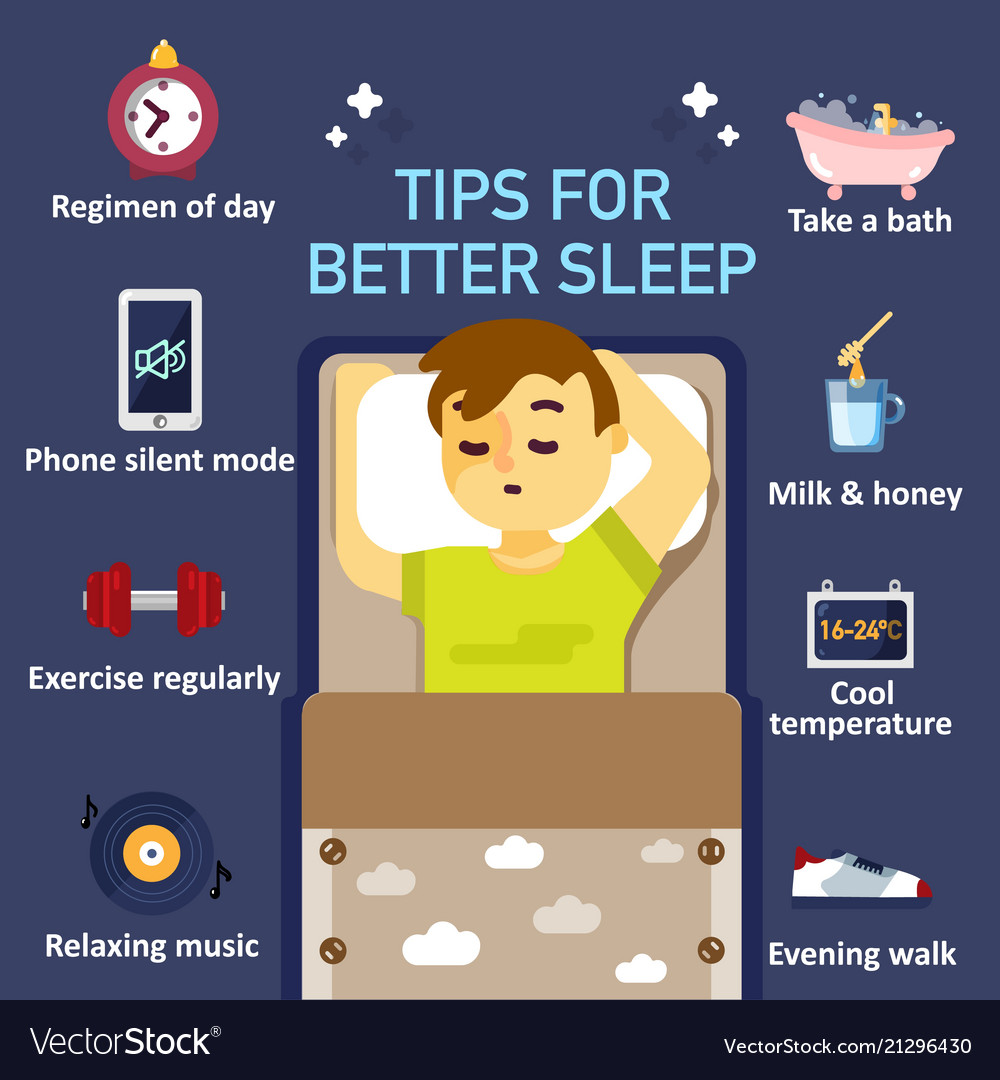
We are in a new school year and for children, this means new outfits and supplies as well as adjusting to a new schedule after fun during the holidays. However, there is one change that tends to be overlooked when it comes to going back to school and that’s going to bed on time and waking up early every day. This may not be an easy change, following the carefree days of summer and the holidays. However, sleep is very important for young ones. Failure to get adequate sleep not only affects their performance at school but also their overall health.
Just like you, your children are affected both physically and emotionally when they do not get adequate sleep. They too need quality sleep in order to function optimally in every activity the following day. Unfortunately, sleep deficiency signs in children are not as apparent as they are in adults.
According to Dr. Jacqueline Genova, a pediatric sleep specialist, if a young one does not get sufficient or quality sleep, they may not seem sleepy at all. As a fact, they may appear hyperactive or have a hard time focusing.
Sleep deprivation can also result in emotional distress or instability, which can lead to behavioral problems among kids. According to Dr. Jacqueline Genova, children may become more aggressive, have difficulty concentrating in class, and get meltdowns more easily. They might even fall asleep in class if they’ve accumulated a substantial amount of sleep ‘debt’.
Studies show that kids actually require more sleep than adults. While every kid has their individual sleep requirements, the recommended sleep range differs depending on the age group. Kids between the age of 6 and 12 should get at least 9 hours of sleep, but no more than 12 hours. For teens (age 13 to 18), the recommended sleeping duration per night is between 8 and 10 hours.
Unfortunately, most children do not get the sleep they require for a number of different reasons. From schoolwork to other activities, busy schedules do not give them the time they need to wind down and get adequate sleep. Participating in athletics in the evening, for example, leads to an increased heart rate and stimulation that prevents children from falling asleep at the right time. Also, adolescents are naturally inclined to sleep later at night and wake up later in the morning. However, most schools implement early arrival times, which makes children lose out on necessary quality sleep.
Another major factor that affects sleep among kids is the use of electronic devices. The availability of gadgets like computers, TVs, tablets, and smartphones has allowed kids to gain easy access to the internet, which is a major source of stimulation. With the internet, your child gets never-ending access to videos, games, music, social media, etc.
With that in mind, Dr. Jacqueline Genova recommends doing the following to ensure the young ones get the sleep they need to lead healthy lives and perform better at school:
1. Limit access to gadgets, particularly at night. You kids should learn to stop using these devices at least an hour before bed. Also, teach them that the bed is for sleep only as most of them tend to use these gadgets while on the bed. When they learn to associate bed with sleep, it becomes easier for them to hit the hay.
2. Create a bedtime routine. If your kid opts to sleep at a later hour, you can reschedule their sleeping routine by setting back bedtime in 15-minute increments. This allows them to adjust to an earlier bedtime and still wake up refreshed and ready for school.
3. Create a comfortable relaxing bedroom. Make sure that there is adequate storage so that your childs room can remain clutter free. Read these customer reviews about Made Trade to find the perfect furniture solutions.








